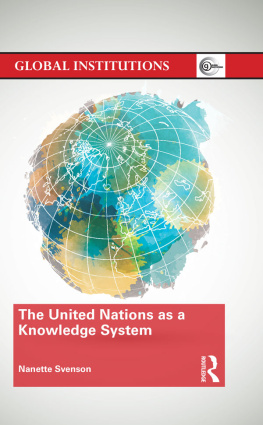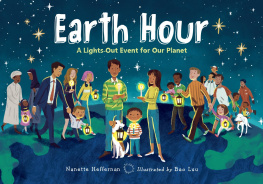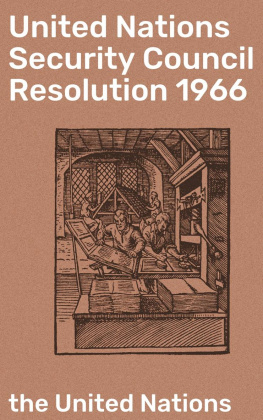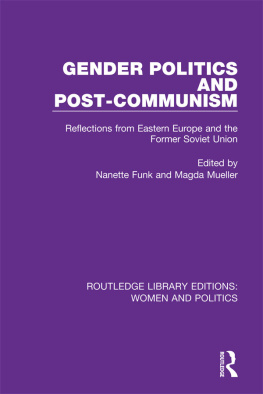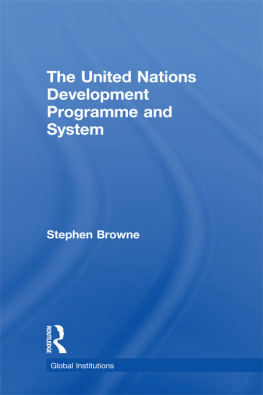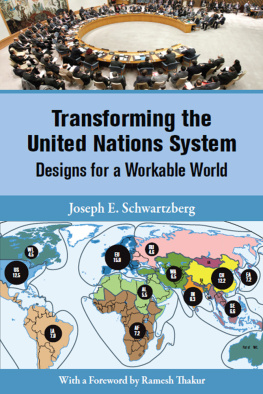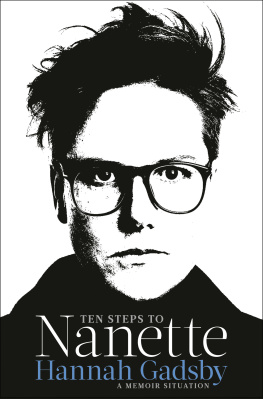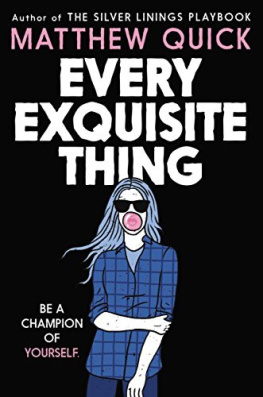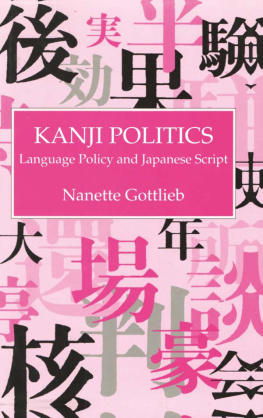The United Nations as a Knowledge System
This book seeks to explore how the United Nations has generated, warehoused, disseminated, structured, packaged, expanded, transferred and leveraged its vast resources of accumulated information and experience throughout the decades and, particularly, since the start of the twenty-first century with the introduction of more connective information and communications technology. It examines the overarching objectives that have guided such activity and divides UN knowledge management into three distinct, but often overlapping and intertwining, categories:
knowledge for social and organizational learning;
knowledge for norm setting; and
knowledge for creation of products and services.
Svenson brings together these multiple aspects of UN knowledge management to present a holistic view of how the organization utilizes its global intelligence to educate, advocate and serve member countries development. Instead of looking at the UN as an international bureaucracy or as a peacekeeping, policymaking, humanitarian or development entity, this work studies the UN as a generator and purveyor of information, learning and experience in all of these areas. This book will be key reading for all students and scholars of international organizations.
Nanette Svenson is an Adjunct Professor at Tulane University and an independent consultant for the United Nations and other international organizations.
Global Institutions
Edited by Thomas G. Weiss
The CUNY Graduate Center, New York, USA and Rorden Wilkinson
University of Sussex, Brighton, UK
About the series
The Global Institutions Series provides cutting-edge books about many aspects of what we know as global governance. It emerges fromour shared frustrations with the state of available knowledgeelectronic and print-wise, for research and teachingin the area.The series is designed as a resource for those interested in exploring issues of international organization and global governance. And since the first volumes appeared in 2005, we have taken significant strides toward filling conceptual gaps.
The series consists of three related streams distinguished by their blue, red, and green covers. The blue volumes, comprising the majority of the books in the series, provide user-friendly and short (usually no more than 50,000 words) but authoritative guides to major global and regional organizations, as well as key issues in the global governance of security, the environment, human rights, poverty, and humanitarian action among others. The books with red covers are designed to present original research and serve as extended and more specialized treatments of issues pertinent for advancing understanding about global governance. And the volumes with green coversthe most recent departure in the seriesare comprehensive and accessible accounts of the major theoretical approaches to global governance and international organization.
The books in each of the streams are written by experts in the field, ranging from the most senior and respected authors to first-rate scholars at the beginning of their careers. In combination, the three components of the seriesblue, red, and greenserve as key resources for faculty, students, and practitioners alike. The works in the blue and green streams have value as core and complementary readings in courses on, among other things, international organization, global governance, international law, international relations, and international political economy; the red volumes allow further reflection and investigation in these and related areas.
The books in the series also provide a segue to the foundation volume that offers the most comprehensive textbook treatment available dealing with all the major issues, approaches, institutions, and actors in contemporary global governanceour edited work International Organization and Global Governance (2014)a volume to which many of the authors in the series have contributed essays.
Understanding global governancepast, present, and futureis far from a finished journey. The books in this series nonetheless represent significant steps toward a better way of conceiving contemporary problems and issues as well as, hopefully, doing something to improve world order. We value the feedback from our readers and their role in helping shape the on-going development of the series.
A complete list of titles appears at the end of this book. The most recent titles in the series are:
Summits and Regional Governance (2015)
edited by Gordon Mace, Jean-Philippe Thrien, Diana Tussie, and Olivier Dabne
Global Consumer Organizations (2015)
by Karsten Ronit
World Trade Organization (2nd edition, 2015)
by Bernard M. Hoekman and Petros C. Mavroidis
Women and Girls Rising (2015)
by Ellen Chesler and Terry McGovern
The North Atlantic Treaty Organization (2nd edition, 2015)
by Julian Lindley-French
Governing Climate Change (2nd edition, 2015)
by Harriet Bulkeley and Peter Newell
The Organization of Islamic Cooperation (2015)
by Turan Kayaoglu
First published 2016
by Routledge
2 Park Square, Milton Park, Abingdon, Oxon OX14 4RN
and by Routledge
711 Third Avenue, New York, NY 10017
Routledge is an imprint of the Taylor & Francis Group, an informa business
2016 Nanette Svenson
The right of Nanette Svenson to be identified as author of this work has been asserted by her in accordance with sections 77 and 78 of the Copyright, Designs and Patents Act 1988.
All rights reserved. No part of this book may be reprinted or reproduced or utilised in any form or by any electronic, mechanical, or other means, now known or hereafter invented, including photocopying and recording, or in any information storage or retrieval system, without permission in writing from the publishers.
Trademark notice: Product or corporate names may be trademarks or registered trademarks, and are used only for identification and explanation without intent to infringe.
Every effort has been made to contact copyright holders for their permission to reprint material in this book. The publishers would be grateful to hear from any copyright holder who is not here acknowledged and will undertake to rectify any errors or omissions in future editions of this book.
British Library Cataloguing in Publication Data
A catalogue record for this book is available from the British Library
Library of Congress Cataloging in Publication Data
A catalog record for this book has been requested
ISBN: 978-0-415-73517-9 (hbk)
ISBN: 978-1-315-66617-4 (ebk)


